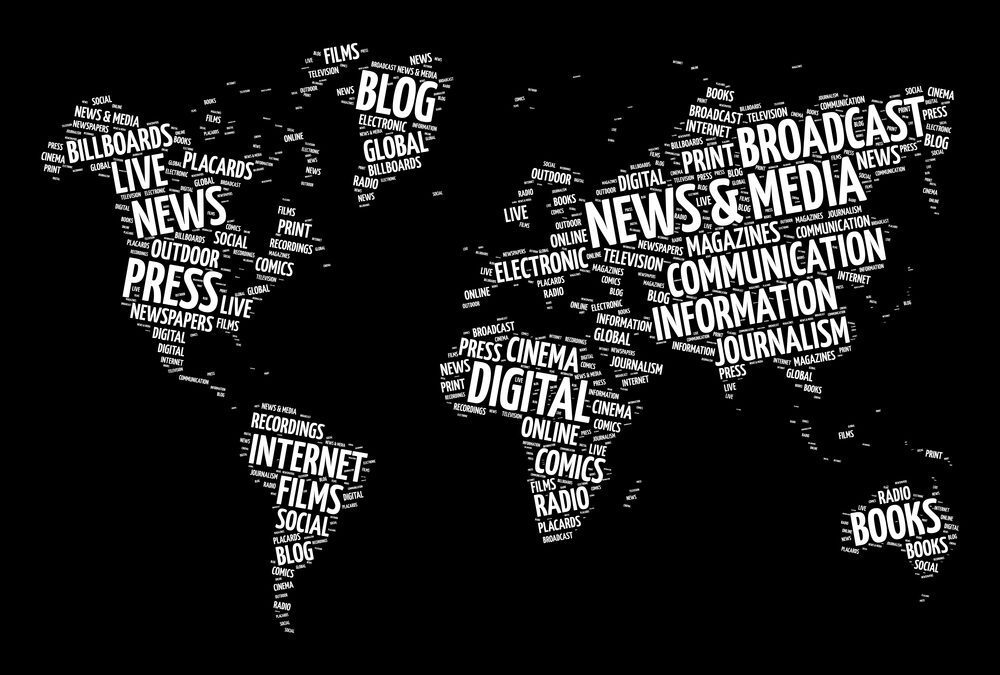24th October is the 80th anniversary of the establishment of the United Nations (UN). Forged out of the chaos and destruction of WWII, with the aim of saving future generations from the scourge of war. So what are we to make of this institution today? On the plus side we can see achievements like the Universal Declaration of Human Rights. This provides a statement about the inherent rights of all people on this planet. Even though we don’t always reach that standard, at the very least, it has been stated out loud. And as the UN includes 193 nations of the world, this really should be a standard that we live up to more often. Through UNICEF (the United Nations Children’s Fund) and the World Health Organisation (WHO), the UN has made a positive difference to the lives of countless children. Though you can certainly argue that its conflict resolution and prevention record is patchy, it has made positive contributions to many peacekeeping roles around the world too. Also, the UN led the efforts to bring all nations together to limit carbon emissions, with the goal of holding global temperature increases to 2°C above pre-industrial levels, the 2015 Paris Climate Agreement. Despite these successes the UN is seen, rightly or wrongly, as an inefficient bureaucracy, and as undemocratic, favouring countries of the richer northern hemisphere over the ones in the poorer southern hemisphere. Also, the security council is almost permanently gridlocked and has been virtually since its inception. So what role should, or could the UN play in the world?
From my perspective how the UN works and what we allow it to do is a symptom of a deeper problem. That problem is that we do not have unanimity about what it means to be human, and how we should live on this planet. Many countries of the world, maybe I could be bold and say most, are run by oligarchs. Rich powerful people who manage their countries based on their own selfish desires rather than with a broader, more inclusive human perspective. Put simply the most powerful countries in the world do not fully align with the values of the UN, and do not want to be told what to do by other ‘weaker’ countries, or by the UN itself. Until that changes, I do not expect much global leadership from the UN. Any top-down attempt at change, more aligned with the UN’s stated values would not work, because countries not aligned with that would simply leave the organisation. What really needs to happen is bottom-up change by the people in more countries. So that we all become aligned with peace, human rights, and planetary stewardship. Probably the most successful project where nations have worked together is the European Union (EU). There have been no wars between EU nations since its inception, because all EU members are aligned to a common purpose. Again, not a perfect organisation, but right now it is the only example we have that has brought peace and dignity to its member’s citizens. At the end of the day, our political structures and our politicians are reflections of us. So if we want peace, human rights, and planetary stewardship, we need to be that ourselves now. And then we need to reflect that in our political structures and our politicians.
Maybe this sort of change might only happen with something external making humanity change its focus. In 1987 US President Ronald Reagan gave a speech at the UN, in which he said, “I occasionally think how quickly our differences worldwide would vanish if we were facing an alien threat from outside this world”. Let’s not hope for that, but maybe something like the discovery of life outside this planet might help shift people’s thinking to something more inclusive. I remain hopeful that something positive will drive the change we need. But sometimes people only change when the pain of things remaining the same is greater than the perceived pain of change. But if we wait for things to get worse on this planet before we start living like we are one human family, then we may have actually left it too late. Start to see the common humanity in all people, the more we do this, the greater our chances of not just a united nations, but a united humanity.
“Is life so wretched? Isn’t it rather your hands which are too small, your vision which is muddled? You are the one who must grow up.” UN Secretary General, Dag Hammarskjöld.





